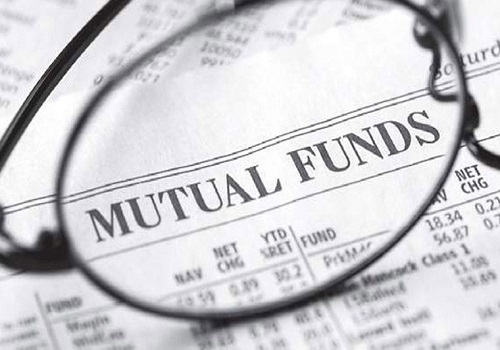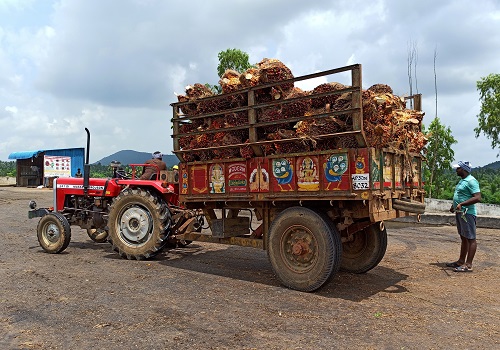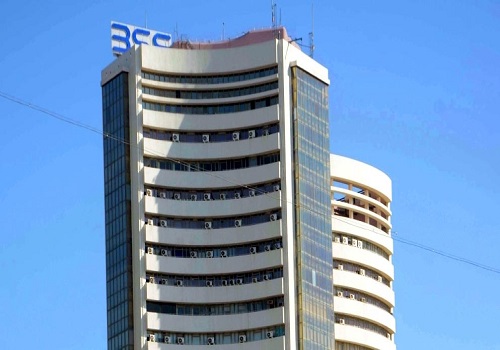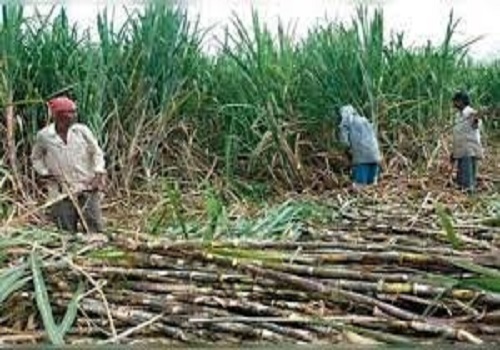Ban on broken rice export imposed after recent rise in exports: Centre
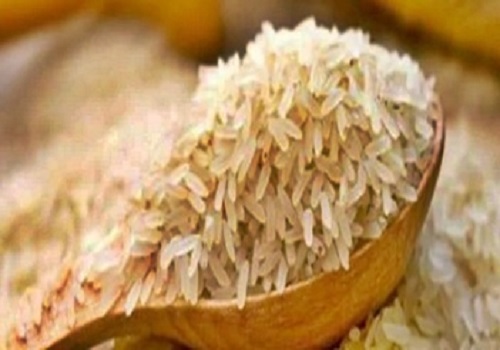
Follow us Now on Telegram ! Get daily 10 - 12 important updates on Business, Finance and Investment. Join our Telegram Channel
The Indian government on Thursday said that the ban on the export of broken rice was imposed after a rise in its exports in the last few months.
"The ban on export of broken rice, which is used in poultry feed, was imposed following a rise in the grain's exports in recent months which had put pressure on the domestic market," it said, adding that it is a temporary measure which has been undertaken for food security concerns of the country keeping in line with the achievement of SDGs.
The Centre said that as per the non-binding guiding principles to support the Multilateral Trading System (MTS) for the achievement of Sustainable Development Goals (SDGs), it has to be ensured that any emergency measures introduced to address food security concerns shall minimise trade distortions as far as possible, be temporary, targeted, and transparent and be notified and implemented in accordance with WTO rules.
In accordance with WTO rules, "Ministerial decision on World Food Programme, food purchase exemptions from export prohibitions or restrictions", members should not impose export prohibitions or restrictions on food stuffs purchased for non-commercial humanitarian purposes by the World Food Programme, the Centre said in a statement.
India banned the export of broken rice and imposed a 20 per cent export duty on non-basmati rice except for parboiled rice to boost domestic supplies in September.
"In order to ensure adequate availability of broken rice, Govt. of India has amended the export policy of broken rice (under HS Code 10064000) w.e.f 9th Sep, 2022 from 'Free' to 'Prohibited' as per Notification No. 31/2015-2020 dated 8th Sep, 2022 with certain relaxations during the period 9th-15th Sep, 2022 only for cases where loading of consignment has commenced before this Notification, shipping bill is filed and vessels have already berthed or arrived and anchored in Indian ports and their rotation number has been allocated before this Notification, consignment has been handed over to the Customs before this Notification and is registered in their system," it said.
Defending India's move to ban the rice, the Centre said that there has been a rise in global demand for broken rice due to the geo-political scenario which has impacted price movement of commodities including those related to animal feed.
"Export of broken rice has increased by more than 43 times in past 4 years, 21.31 LMT exported from April-August 2022 compared to 0.51 LMT in the same period in 2019, with significant jump in 2021-22 over last year. In the year 2021, the quantity exported was 15.8 LMT (April-August, 2021). Prices of broken rice rose significantly in the current year," the Consumer Affairs, Food & Public Distribution Ministry said.
It added that the recent changes in India's rice export rules have helped keep a check on domestic prices without reducing the availability for exports. The changes have been done keeping in mind the need to support the ethanol-blending programme that saves costly oil imports and to help the animal husbandry and poultry sectors by reducing the cost of animal feed that has a bearing on the price of milk, meat and eggs.
However, the government has clarified that no change has been made in the policy relating to par-boiled rice so that farmers continue to get good remunerative prices.
Similarly, no change in policy in basmati rice (HS Code 10063020) has been done as basmati rice is premium rice which is majorly consumed by the Indian diaspora in different countries and its export quantity is very less compared to other rice, it added.












 320-x-100_uti_gold.jpg" alt="Advertisement">
320-x-100_uti_gold.jpg" alt="Advertisement">

